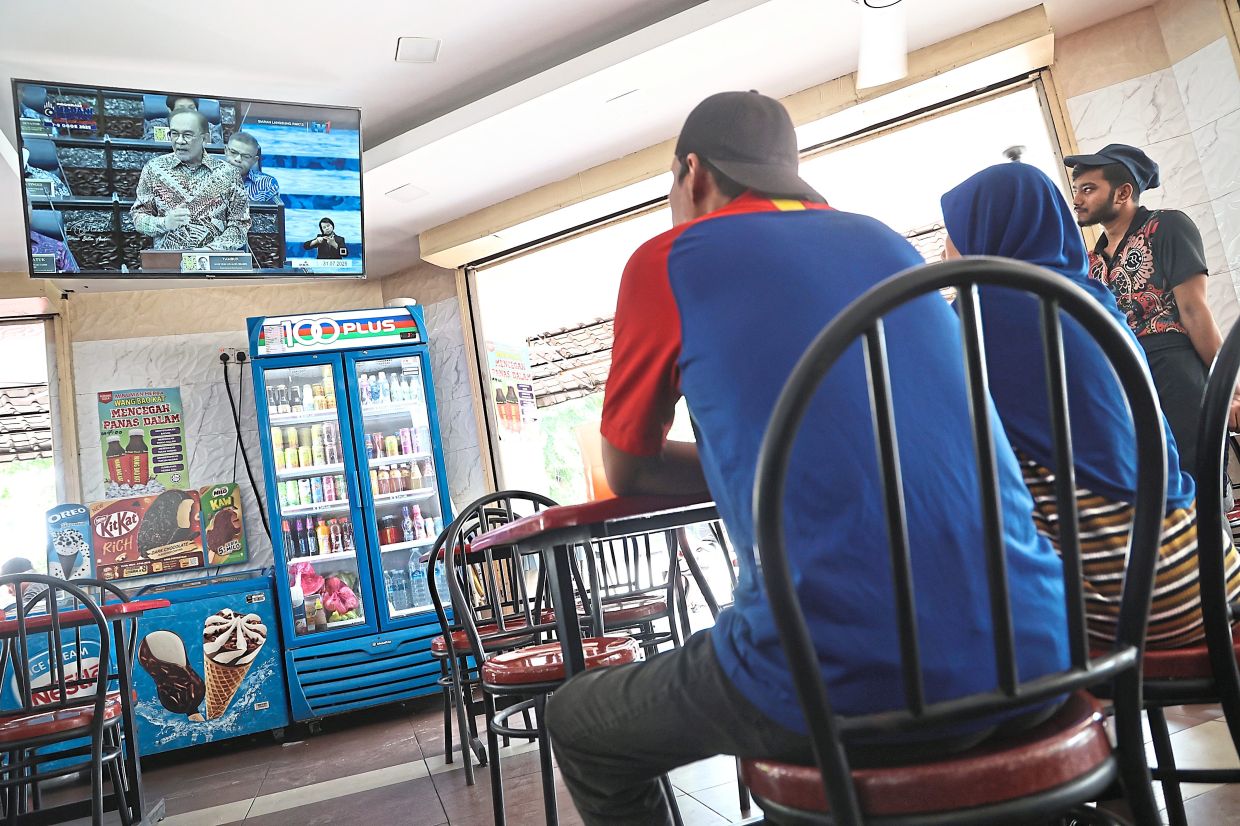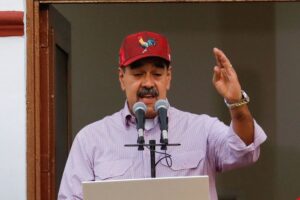THE 13th Malaysia Plan (13MP) 2026–2030, launched by Prime Minister Datuk Seri Anwar Ibrahim last Thursday with the tagline “Redesigning Develop-ment”, outlines three main policy thrusts for the next five years.
First, strengthening good governance to ensure equitable wealth distribution and people-centric administration; second, fostering comprehensive economic diversity to create value across all sectors; and third, focusing on inclusive and responsive development with an emphasis on improving the people’s quality of life.
All of these are designed to be executed with careful attention to the denyut nadi rakyat – the pulse of the people – so that the goals laid out can be achieved over the next five years. But these aspirations will only materialise if stakeholders at every level work together and deliver what has been planned.
Too often plans falter due to leakages or abuses of power by those entrusted to implement them. This is why, to me, the first thrust – ensuring good governance – must be treated as the central pillar in achieving successful development.
To support the Economy Ministry in this direction, Universiti Malaya’s International Institute of Public Policy & Management (Inpuma) has launched a nationwide 13MP Townhall Series. This initiative is part of an ongoing research effort to help Malaysians understand their role in the country’s development process. Adopting the approach of “You Speak, We Listen and Record”, the townhalls have yielded rich insights from citizens across diverse backgrounds.
The first leg of the tour covered three strategically chosen locations: Sandakan and Kota Kinabalu in Sabah, and Bandar Tun Razak in Kuala Lumpur. Together, these locations offer a composite view of the nation’s current realities, from rural and urban issues to quality-of-life concerns in both Bornean Malaysia and Peninsular Malay-sia.
In Sandakan and Kota Kinabalu, citizens voiced deep and persistent concerns over basic infrastructure: access to clean water, Internet coverage, poor public transport, and uneven healthcare and education facilities. Many felt left behind compared with states in Peninsular Malaysia.
A Sandakan resident stressed that water supply is the most critical issue: “We’ve faced this for over 10 years.” Here, the people are not asking for grand development projects, they just want their basic rights restored: clean water and roads accessible year-round.
It made me wonder: Should such long-standing water issues require federal intervention? What is the role of local leadership in resolving this? Is the issue a result of weak policies, or has there been abuse of power and misaligned priorities?
In Kota Kinabalu, the focus shifted to affordable housing and quality employment. Young graduates expressed frustration at the lack of economic opportunities, which has driven many to move to Peninsular Malaysia or abroad. Concerns were also raised about unplanned urban development, pollution, traffic congestion, and misaligned growth. Many of these issues brought up during the townhall sessions directly echo the themes the Prime Minister outlined on July 31.
In contrast, residents in Bandar Tun Razak centred their concerns on the rising cost of living, quality of public services, and work-life balance. Parents worried about education quality, overcrowded schools, and the lack of youth recreational activities in public housing areas.
Retirees spoke of the burden of healthcare costs, despite being former civil servants. Post-pandemic challenges also emerged, including elderly care, mental health support, and calls for more efficient digital government services.
Despite differing geographies, cultures, and lifestyles, all three communities shared a unifying aspiration: they want policies that truly reflect and serve them.
The overwhelming sentiment is that people want to be heard – not just during policy planning, but in implementation and outcome monitoring as well. Which is why I am glad the Prime Minister gave emphasis in his speech to monitoring development projects.
There is a deep sense of disappointment when longstanding promises – particularly around water, roads, and housing – go unfulfilled. Yet hope remains. As one Kota Kinabalu resident told me privately, “We want to believe in the government again – show us that through 13MP.”
The 13MP is an opportunity for a national reset – not just in terms of physical development, but in reshaping our socioeconomic policies to match the people’s living realities. This plan must adopt a people-centric approach that leverages local data, expands inclusive monitoring systems, and places trust in communities to lead local development initiatives.
Earlier this week, I was invited to deliver the keynote address at a roundtable hosted by the Institute of Social Malaysia (ISM) to chart its future strategic direction. I began by painting a picture of Malaysia in 2050. To plan effectively for the future, we must anticipate the challenges ahead. This is why foresight and scenario planning are essential, along with leveraging local data and inclusive monitoring systems. I proposed that ISM take on the role of a national Social Research Institute.
This ties directly to the findings of our 13MP research, which underline the need for consistent public discourse in our policy ecosystem. It also underscores the importance of a dedicated institution that continuously studies, analyses, and monitors sociopolitical changes grounded in public sentiment.
One recurring observation from our townhalls was the lack of community-based development planning, particularly in public housing areas. In rural areas, school facilities are often inadequate, while in urban zones, schools may lack basic amenities like fields for physical education.
Taken together, these findings highlight the urgent need to strengthen people-centric approaches in national development planning and policy implementation. The townhalls have clearly captured both the aspirations and constraints of everyday Malaysians – factors that must directly shape future five-year plans.
The message from the ground is unequivocal: Malaysians are ready to take part in nation- building, provided they are not sidelined. The 13MP, as presented by the Prime Minister, is a plan that seeks to provide human- centric development, rebuild public trust, and return Malaysia to a path of inclusive and equitable progress.
To truly redesign national development, we must listen to and reflect the pulse of the people. May the 13MP lead Malaysia towards greater prosperity and lasting success.
Datuk Dr Anis Yusal Yusoff is the executive director of the International Institute of Public Policy and Management, Universiti Malaya. He was formerly the president and CEO of the Malaysian Institute of Integrity.







